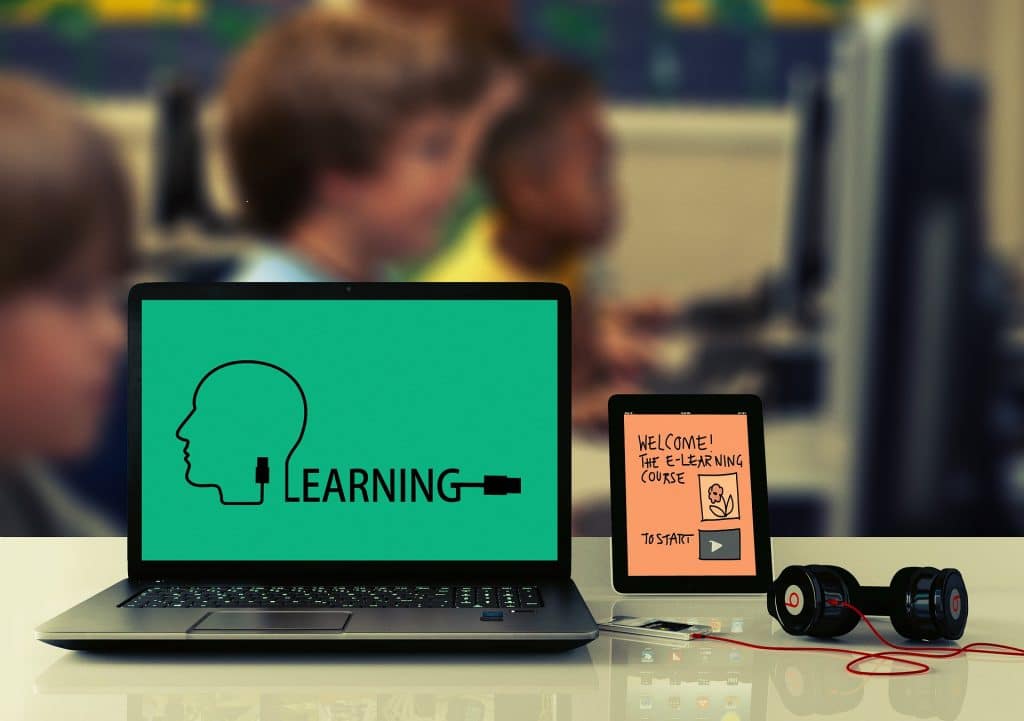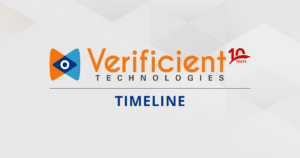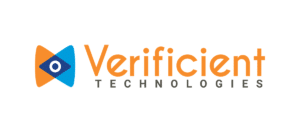A collaborative study conducted by Google and KPMG suggests that India will record a staggering growth of almost 500% in the number of users on online education platforms since the year 2016. The market is set to grow up to 2 billion USD, with an estimated 9.6M users by the end of 2021. We’ve come a long way from computer labs in schools and universities, which at the time were considered an ingenious way to revolutionize learning.
Readily accessible technology has driven a league of brilliant learners and mentors to transform the way knowledge is being delivered and consumed in the country. Traditional classrooms and pen and paper assessments are being replaced by a far more superior alternative- EdTech or education technology.
WHAT IS EDTECH?
EdTech is an emerging sector at the intersection of Technology and Education. EdTech could be broadly categorized into technology-enabled solutions and services that redefine how traditional education is imparted to students.
With innovation and digitalization in overdrive, education technology startups have flourished because they offer accessibility and personalized experience to their users. They leverage technology to create learning techniques that are designed around a student’s cognitive and affective abilities. Online education platforms in India use a vast host of technologies like artificial intelligence, big data, and machine learning to give them valuable information about key parameters like customized course suggestions, digital footprints of a student’s activity on the platform, mapping time spent, topic interests, etc.
MAJOR BRANCHES OF THE INDIAN EDTECH MARKET:
Online Education
Online education is a digital learning ecosystem where student-teacher interaction (teaching, learning, assessing) is facilitated over the internet.

- Reskilling and Online certification have the largest share of paid users under its umbrella (4,99,000/year). IT professionals heavily rely on online training for skill improvement.
- Primary and secondary supplemental education fulfills the need for excellence in both, teaching and learning. Meticulously prepared material helps the student build focus and confidence by honing their personal interests.
- Higher education is being developed as an alternative to distance learning.
- Online test preparation has been adopted by many institutions in tier 2-3 cities to streamline and work in tandem with written exams.
- Language and casual learning boast of a considerably large subscriber count. However, because of a low paying user base, the B2C revenue collection is quite limited.
SMART CLASSES
Smart classes are technologically advanced classrooms that take a dynamic teaching and learning approach by incorporating different technologies.

Learning Management Systems (LMS)-
These are software applications that are designed for the administration, documentation, tracking, reporting, and delivery of educational courses or learning and development programs.
Innovative classrooms-
provide a flexible learning environment for honing a student’s interpersonal skills, creativity, problem-solving capabilities, and critical thinking skills through the use of interactive technology.
HD animation videos-
are designed as an alternative to in-person teaching. Animated videos are great for visualizing complex concepts. Computer-generated imagery (CGI) help learners grasp and retain new information with ease.
ASSESSMENTS-
This brings us to the most important segment that many digital learning institutions are aggressively exploring- online proctoring and assessments. Preserving the integrity of online exams is paramount in the digital age and online proctoring has become an integral part of the mix.
Online assessments-
exams are the cornerstone of any curriculum and online assessments are no exception. With an evident shift to online learning, colleges, universities and independent organizations are adopting online assessments as their primary mode of testing.
Online proctoring-
Online assessment platforms heavily depend on online proctoring solutions to maintain the credibility of tests and test-takers. For the uninitiated, online proctoring is an electronic version of human invigilation. This allows students to take their online exams from a location of their choice.
Currently, Proctortrack spearheads the online proctoring industry in affordable, accessible online remote proctoring and automated identity verification. It is a robust software that detects up to 26 unique test violations. Proctortrack also offers stand-alone solutions like Veripass, mobile lockdown, and proctor checkpoint to meet a client’s specific needs. Proctortrack can be easily integrated with popular LMSs like Moodle, EdX, Blackboard, Brightspace, Canvas, and Sakai, making onboarding simpler for institutions.
The Future of EdTech in India:
Angel funding and investments have completely changed the EdTech landscape by recognizing potential players and helping them explore different segments. The driving force behind these investments is mainly the availability of highly sophisticated technology, a competitive workforce, and a thriving consumer base.
With government initiatives like digital India, SWAYAM, E-Basta and skill India realizing popularity, it is only time when exams and lectures will be conducted in front of a screen. Since it is a ginormous undertaking to educate and reach the masses, it will need a lot of strategical reforms for EdTech to reach its full potential. But on a brighter side, EdTech giants are already creating a stir in the online education sector and generating exceptional results to prove that they are here to stay.






